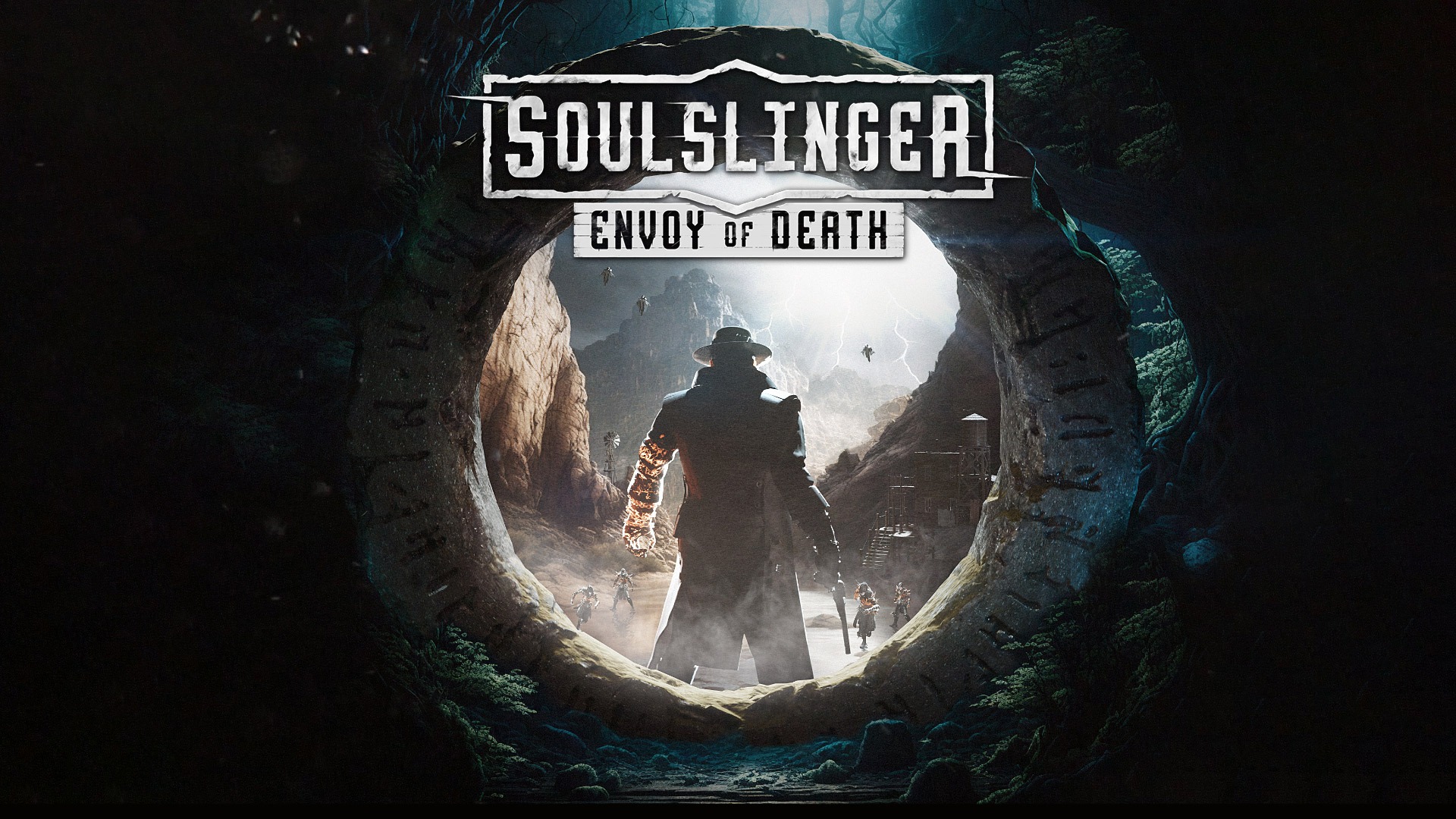There’s something about a familiar smell that hits more robustly than any other sense. The right waft can send you right back to a specific time, place or memory, and that’s the exact thought that Venba evokes every time you’re delicately crafting one of the several excellent South Asian dishes within it.
Venba is a narrative game that centers around its titular character, Venba, her husband Paavalan and their young son, Kavin and it follows their journey from India to a new home in Toronto. Each chapter of the game hones in on milestone family moments across entire decades, as well as defining events and struggles the trio faces throughout their lives.
The story is tied together with interactive cooking; the player must piece together fragmented instructions from a family recipe book to complete each level, with dishes ranging from straightforward idlis to busy biryani and decorated dosa.
I was lucky enough to speak to Venba Creative Director Abhi about how the game came to be, the story it wants to tell, and how each recipe was delicately curated to be a part of Venba’s design.

Venba has a humble origin, initially starting off as what Ahbi describes as an “art project” between himself and Art Director Sam Elkana. At the time, the pair were also working on Balloon Man, a comic-style superhero action game. However, the allure of Venba quickly shook up development plans.
“I texted it to him one night, and then we just couldn’t get past it,” Abhi recalls. “Within a week we had abandoned Balloon Man to make Venba.”
Venba‘s initial form was a small cooking game, made up of recipes that the pair were already familiar with. However, as the project and the reception to it grew, the team realized it had a responsibility to ensure that the food came out as authentic as possible. The caveat with this is that some of these recipes have evolved, chopped and changed over countless years and cultures, and finding the ‘perfect’ recipe for some dishes is a journey in itself.
The Food

The team began a consultancy process in order to curate the perfect selection of recipes for Venba, which involved reaching out to lots of different sources. Professional chefs, friends, home cooks, YouTubers – all were welcomed to share their thoughts on what kind of food could be portrayed in the game.
“The main takeaway for me from this was that everybody’s recipe is different,” Abhi tells us. “Because these recipes are so old, and they’ve transformed through generations and depending on where you are, everybody has such strong opinions about them. It was important for me to see that diversity in a single recipe.”
These recipes are so old, and they’ve transformed through generations… it was important for me to see that diversity in a single recipe.
From here, Abhi was able to identify the most common components and methods of specific recipes. In one level of Venba, the player is tasked with piecing together a recipe for biryani, which is an example of a food that has long transcended one single method. Recipes for biryani differ geographically, based on something as simple as personal preference or whatever’s lingering in the pantry, to the regional availability of certain ingredients during a specific time period.
This is reflected in the food that Venba will have the player cook throughout the game. The first level sees Venba decoding an old recipe for idlis, a savoury rice cake made primarily from rice. Biryani makes its appearance way later, as a more complex puzzle.
“When Venba first moves to Toronto in the 1980s, the recipes are much simpler, with ingredients like rice and flour that are easy to come by,” Abhi explains. “But when you get to 2006 and you’re cooking biryani, ingredients that will have been harder to source are now much easier to find in those places.”
“The questions for me were what makes for good puzzles, what makes for good storytelling, and what makes sense for them to cook in that time period.”
Abhi confesses that this is where he had the strongest opinions too, but it was ‘playtesting’ the recipes in real life that really solidified the final version of Venba‘s biryani.
“What made me more confident about these recipes was a rule that we had – we had to cook any recipe ourselves before we started making it into a puzzle,” Abhi says. “The biryani actually became a favorite among us.”

Venba‘s food, characters and settings are all packaged up in Elkana’s art – light, breezy and stylised. Abhi tells us that Elkana grew up with a lot of ’90s cartoons such as Powerpuff Girls and Dexter’s Laboratory, and that style oozes a very specific nostalgia that sits nicely alongside Venba‘s setting.
“It’s so incredible for me because I was initially skeptical about how that style would translate to a subtle story like Venba, because it’s not as action-y,” Abhi says. “But he was able to find this really nice medium between them.”
“One thing I’m very impressed by is the way the characters animate and react, and how it stays within the culture. I showed him a bunch of movies to get a sense of that. But it also helps that he’s Indonesian and we have a lot of similarities between our cultures also. I’m really happy that he was able to capture all of that.”
The Family
The story of Venba is primarily told through the eyes of Venba herself, and the moments she faces as an immigrant, as a professional, and as a mother. Abhi tells us that there’s a lot of media that focuses on assimilation from a child’s perspective, but stories from a parent’s point of view and few and far between.
“A lot of first-generation parents who come here in their 30s or 40s, they don’t assimilate, and they live very isolated lives,” Abhi says. “I felt like that side of the story isn’t often told, and that’s what I wanted to focus on.”
Venba and Kavin’s relationship is strained at first; as Kavin gets older, he’s more interested in blending in with Western culture and settling in with his friends than he is in his own Tamil culture. Abhi also points out that this story is not autobiographical, and adds that his relationship with his own parents does not reflect Venba and Kavin’s.

“We have a lot of things to talk about, we watch a lot of movies together and have all of these things still in common,” he tells us. “But a lot of my friends who grew up here are completely isolated – there’s a broken bridge between the parent and the child. I thought it’s very tragic that there are so many instances where parents cannot even understand what thir children are saying because of the loss of language and culture gap.”
I thought it’s very tragic that there are so many instances where parents cannot even understand what their children are saying because of the loss of language and culture gap.
Venba’s husband, Paavalan, has an adjacent story that delicately highlights assimilation struggles from another perspective. While young Kavin is keen to blend in and will take any opportunity to do so, Paavalan is adapting to a level of disregard he’s not used to, through no fault of his own.
“Paavalan is somebody back home in India, he’s a celebrated writer, but none of that is able to come across here,” Abhi explains. “In Toronto, he’s constantly disrespected.”
In a South Asian context, food is a language of love that is often expected of mothers. Cooking is the bridge that Venba uses to connect to her family, which is of course where most of the gameplay takes place too. Piecing together old, fragmented recipes passed down through generations feels satisfying not only its mechanics but from a story perspective.

One important point that Abhi wants to make about the generational divides portrayed in Venba, regardless of its conclusion, is that no particular character is the ‘bad guy.’ He says that no one is to blame for what is happening, and the reason that Kavin is unable to connect with his mother initially is more systemic rather than a personal choice.
“A lot of my friends are assimilated, and they still want a relationship with their parents, and it’s made difficult by a lot of circumstances,” he says. “In Venba, it’s more open-ended in the sense that they’re hopeful about their futures, but they’ve stopped hurting each other.”
Venba tells a quietly important story, one that is experienced by countless people in one form or another, but is seldom shared in media. It explores the realities of immigration, the sacrifices made, and the tribulations of creating a new life for yourself and your children. But there is hope in this tale, alongside growth, love and learning, which will no doubt leave you feeling just as warm as that first mouthful of homecooked biryani – I know it did for me.
Venba launches on July 31st and is available day one with Game Pass for console and PC.



